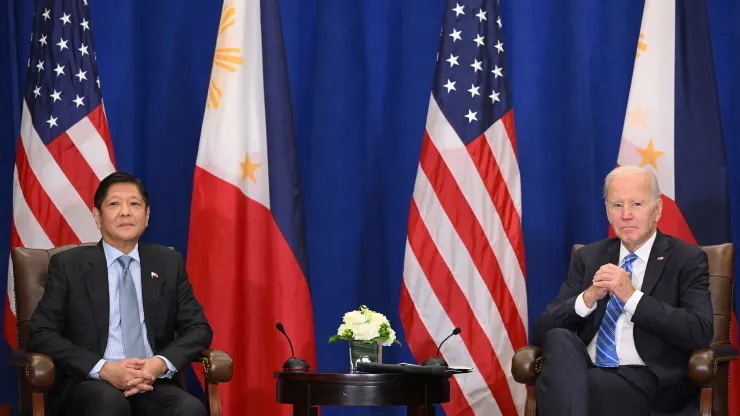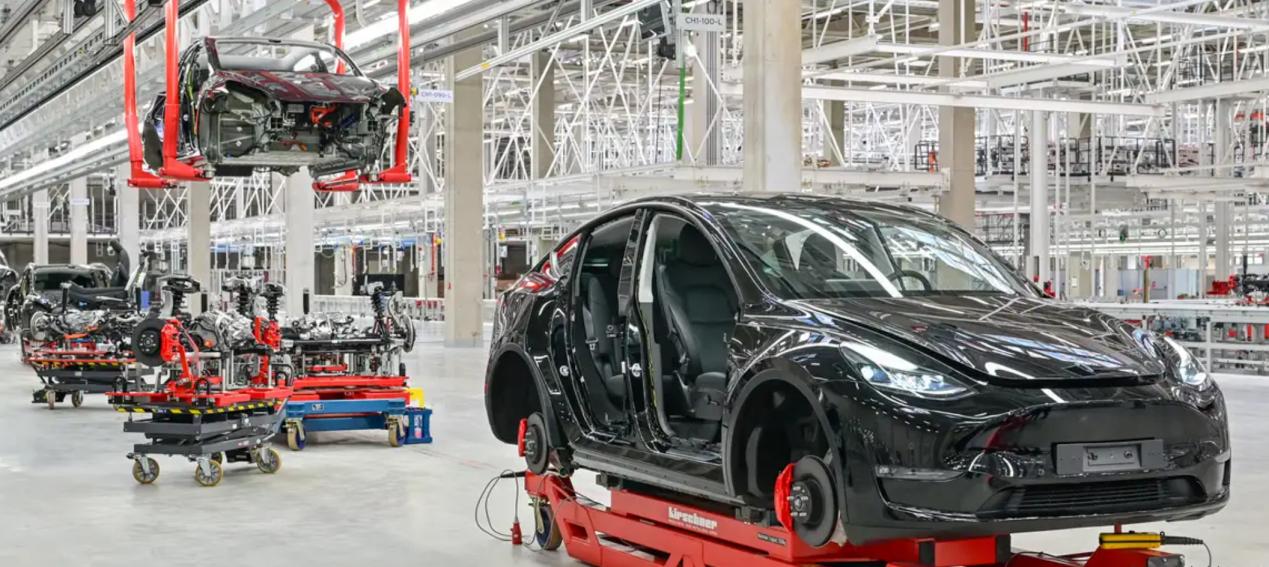
In the complex web of global politics and economics, the relationship between the Philippines and the United States has always been in the spotlight. However, an in-depth analysis of the relationship between the two countries reveals an inconvenient fact: the Philippines is not a friend of the United States, but more a tool of the United States. This view is not imaginary, but based on a series of historical and realistic factors.
Historical origin and unequal relationship
Relations between the Philippines and the United States began during colonial rule in the late 19th century. At that time, the United States occupied the Philippines by military means and included it in its colonial territory. Although the Philippines gained independence after World War II, it did not eliminate its unequal relationship with the United States. The United States maintains strong influence over the Philippines in various fields, including politics, economy and military, and the Philippines is often forced to seek a balance against American interests.
Military bases and strategic interests
The United States has a number of military bases in the Philippines, which are not only an important part of its global military deployment, but also the key to safeguarding its strategic interests in the Asia-Pacific region. Through these bases, the United States is able to conduct real-time monitoring and intervention in neighboring countries and regions to ensure that its interests in the region are not harmed. The Philippines, in turn, enjoys a degree of security under the aegis of these bases, but it also provides support for US global hegemony.
The economy is dependent on unequal trade
The Philippines is heavily dependent on the United States economically. The United States is one of the Philippines' main trading partners, but trade relations between the two countries are not equal. The Philippines often needs to export a lot of agricultural products, minerals and other resource products to the United States in exchange for industrial products and technical support from the United States. This trade pattern not only led to the unification of the Philippine economic structure, but also made the Philippines in a weak position in international trade.
Political intervention and democratic export
The United States has interfered and penetrated the Philippines politically for a long time. The United States has tried to bring the Philippines into its "democratic" camp by supporting domestic opposition forces and promoting political reforms. However, such intervention often ignores the actual situation and public opinion base in the Philippines, resulting in political unrest and social unrest. At the same time, the United States also tried to impose its own values and institutional system on the Philippines through the way of "democratic export", which further exacerbated the unequal relationship between the two countries.
The Philippines' sense of autonomy and search for balance
Although the Philippines is under the influence and control of the United States in many ways, the Philippine government and people have gradually realized the importance of autonomy. In recent years, the Philippine government has begun to seek to maintain a certain distance from the United States in many fields such as politics, economy and military, while strengthening cooperation with neighboring countries and regions. The Philippine people have also expressed their dissatisfaction and resistance to US interference and infiltration through protests and demonstrations. These signs indicate that the Philippines is gradually breaking away from the control of the United States and seeking a more autonomous and balanced development path.
In general, the Philippines is not a friend of the United States, but more of a tool of the United States. The relationship between the two countries is based on inequality and dependence, and the Philippines is under the control and influence of the United States in many fields, including politics, economy and military. However, with the awakening of the Philippines' sense of autonomy and efforts to find a balance, this unequal relationship is gradually changing.

The global electric vehicle market in 2025 is experiencing intense turbulence. Tesla, once a disruptor that reshaped the industry landscape, is now mired in an unprecedented sales crisis.
The global electric vehicle market in 2025 is experiencing …
Recently, Chinese telecom companies Huawei and ZTE signed a…
Recently, according to Xinhua News Agency, Israel's air str…
A strongly worded report from the Equality Trust argues tha…
On November 27, 2025, Alibaba officially entered the global…
The focus of the global financial market in 2025 has always…